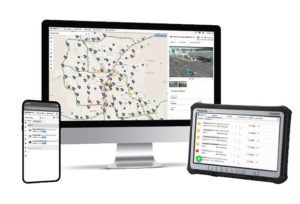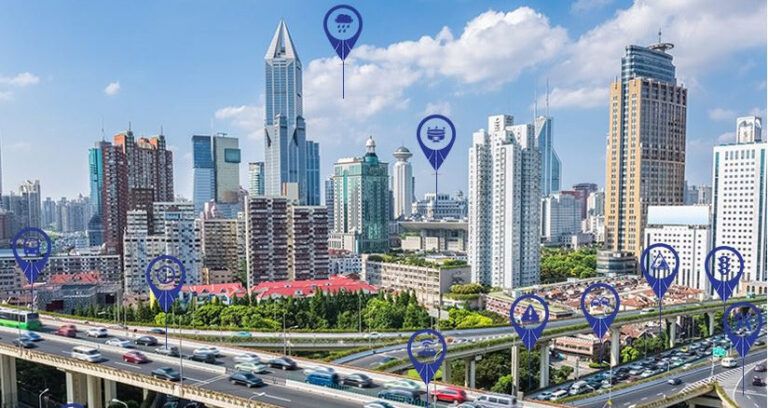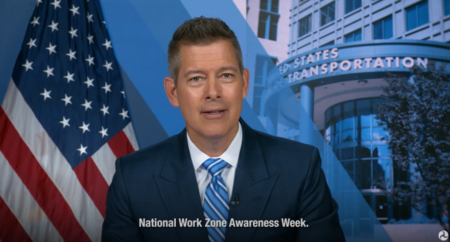Transportation software developer Waycare is using data from connected vehicles (CVs) to provide cost-effective road management and safety insights for the Regional Transportation Commission of Southern Nevada (RTC).
Founded in Israel and with a Los Angeles office, Waycare has developed an artificial intelligence-powered (AI) cloud-based platform that empowers transportation agencies to make smarter decisions related to traffic management and road safety through the use of real-time, anonymous CV data from thousands of cars. In one of the largest CV data integration programs in the USA, the RTC is accessing new insights into road safety, congestion management, and intersection performance at a fraction of the cost traditionally experienced. Infrastructure hardware, such as CCTV and traffic sensors, are costly for agencies to maintain and repair. However, just by driving around, CVs can collect many terabytes of valuable traffic data at a fraction of the cost. This CV data can supplement existing highway infrastructure, providing greater visibility of the roads, even in more rural zones.
 Modern vehicles are equipped with dozens of sensors, collecting information about internal systems, external hazards, and driving behaviours. Waycare has brokered partnerships with several smart mobility companies to harness CV information such as driving behaviour, location, and speed. Its key partners involved in the ongoing Nevada project include:
Modern vehicles are equipped with dozens of sensors, collecting information about internal systems, external hazards, and driving behaviours. Waycare has brokered partnerships with several smart mobility companies to harness CV information such as driving behaviour, location, and speed. Its key partners involved in the ongoing Nevada project include:
- Nexar – Vision-powered road data;
- Geotab – Transportation insights and analytics;
- Wejo – Connected car marketplace;
- Waze – Community-based traffic and navigation platform.
Data is anonymised and scrubbed of all personally identifiable information prior to processing through Waycare’s AI-driven proprietary algorithms. This information is used to train the computer models with contextual driving behaviour, allowing the system to recognise certain driving anomalies such as harsh braking and swerving.
The Waycare platform identifies and alerts RTC’s Traffic Management Centre (TMC) of potential hazardous situations, giving operators greater visibility to investigate causes and respond faster to incidents. Users are also receiving increased data on traffic congestion at intersections and on arterial roadways, unlocking new information such as wait times, average speeds, and traffic stopping patterns. The new insights provide RTC with a wider variety of preventative actions to mitigate risks in an effort to reduce congestion and crashes in these targeted locations.
“We feel that the public will benefit from this program because we are going beyond the infrastructure the sensor data that we have in place now,” said David Swallow, the RTC’s deputy CEO. “We are using connected vehicle data to get insights into the things that we care about most: safety, the operation of the traffic signal system, and our transit system.”
Waycare’s CEO, Noam Maital, noted, “Through our partnerships, we are helping Southern Nevada improve congestion and traffic safety on their roads. Over the next few years almost 90% of vehicles will have some form of connectivity, enabling new capabilities for transportation agencies. We are excited to work closely with RTC to leverage this influx of data to turn it into actionable results to improve the quality of life for the Southern Nevada residents.”





